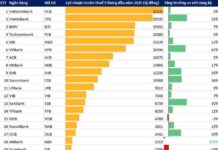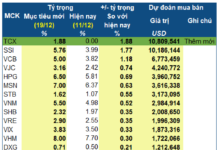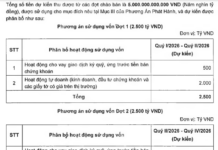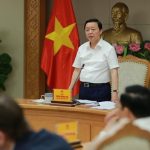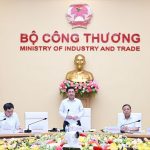
National Assembly Economic Committee permanent member Dinh Ngoc Minh raises concerns about monopoly in the power industry
According to Mr. Dinh Ngoc Minh, a permanent member of the National Assembly’s Economic Committee, Vietnam has successfully reformed its postal and telecommunications sector, achieving remarkable results. “Many years ago, a phone call cost thousands of dong, and our salary was almost spent on phone bills. But now, the service is excellent, and we can use it comfortably,” said Mr. Minh.
Recalling the story of the telecommunications industry, Mr. Minh questioned whether the Law amendment would address the monopoly issue in the power industry and asked to what extent the state would maintain its monopoly and transfer the rights to other economic sectors.
Mr. Minh, a permanent member of the National Assembly’s Economic Committee, said that the draft Law mentions a monopoly on transmission but does not specify the extent of the monopoly. In contrast, the report of the National Assembly’s Committee on Science, Technology, and Environment suggests that the state should only have a monopoly on transmission at high and extra-high voltage levels, while the lower voltage levels should be socialized.
“With the current amendment to the Electricity Law, when will the monopoly end, and when will people and economic sectors have greater, easier, and more transparent access to the electricity market?” Mr. Minh asked at the end of his speech at the conference.
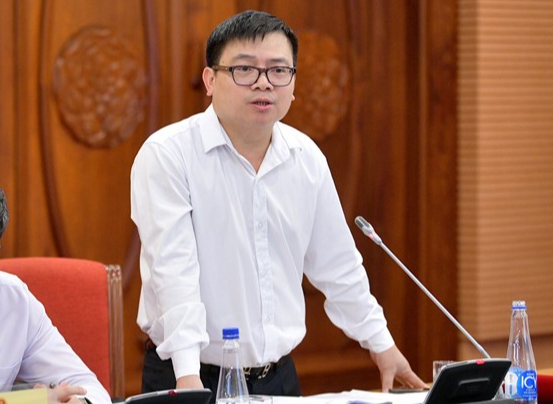
Deputy Minister of Industry and Trade Truong Thanh Hoai said that a competitive electricity market is being developed to ensure transparency.
Mr. Truong Thanh Hoai, Deputy Minister of Industry and Trade, explained that Article 5 of the draft Law states that the state will have a monopoly on certain activities to ensure national energy security, including the national power system’s dispatch.
The state will also have a monopoly on investing in several critical power projects, multi-purpose power sources, and power sources that play a crucial role in ensuring the stable operation of the power system.
Regarding the transmission grid, it is determined that the state will only invest in high-voltage power grids with voltage levels of 220 kV and above. Transmission lines with a linkage nature will be socialized. Concerning the mechanism for socializing investment in power transmission, Mr. Hoai said that the current law already allows this.
Regarding the question of when the monopoly will be abolished, Mr. Hoai said that it needs to be considered in the context of socio-economic development, where energy demand is always high. “We will try to design the electricity market towards transparency. On the other hand, we need to ensure energy security in accordance with Resolution No. 55 dated February 11, 2020, of the Politburo on the orientation of the National Energy Development Strategy of Vietnam by 2030, with a vision to 2045. Some critical sectors will remain state-monopolized, while others will be socialized,” said Mr. Hoai.
According to the Deputy Minister of Industry and Trade, Vietnam Electricity (EVN) currently accounts for only 38% of the national power system. We are gradually forming a competitive electricity market to ensure transparency for market participants.
In pursuing this goal, the National Load Dispatch Center was recently separated from EVN and placed under the Ministry of Industry and Trade. As a result, EVN and other state-owned corporations in the power sector will participate in the electricity market as typical private entities. “This will ensure transparency in the future, maximize the reduction of monopoly, and guarantee national energy security,” emphasized Deputy Minister Truong Thanh Hoai.
The Power of Direct Electricity Trading: Unlocking Unlimited Opportunities
Chairman of the Board of Directors of EVN, Dang Hoang An, envisions a vibrant and unrestricted electricity market, where an unlimited number of buyers and sellers can directly trade electricity. In this proposed market, participants would bear the full cost of ensuring grid safety, operation, and transmission, with EVN acting as the facilitator.
Unlocking Vietnam’s Competitive Energy Market Through Direct Power Purchase Agreements
The Direct Power Purchase Agreement (DPPA) mechanism has been officially introduced by the Government through Decree No. 80/2024/ND-CP dated July 3, 2024. This is a significant and groundbreaking step forward, paving the way for the formation and development of a competitive electricity market in Vietnam in the future.









